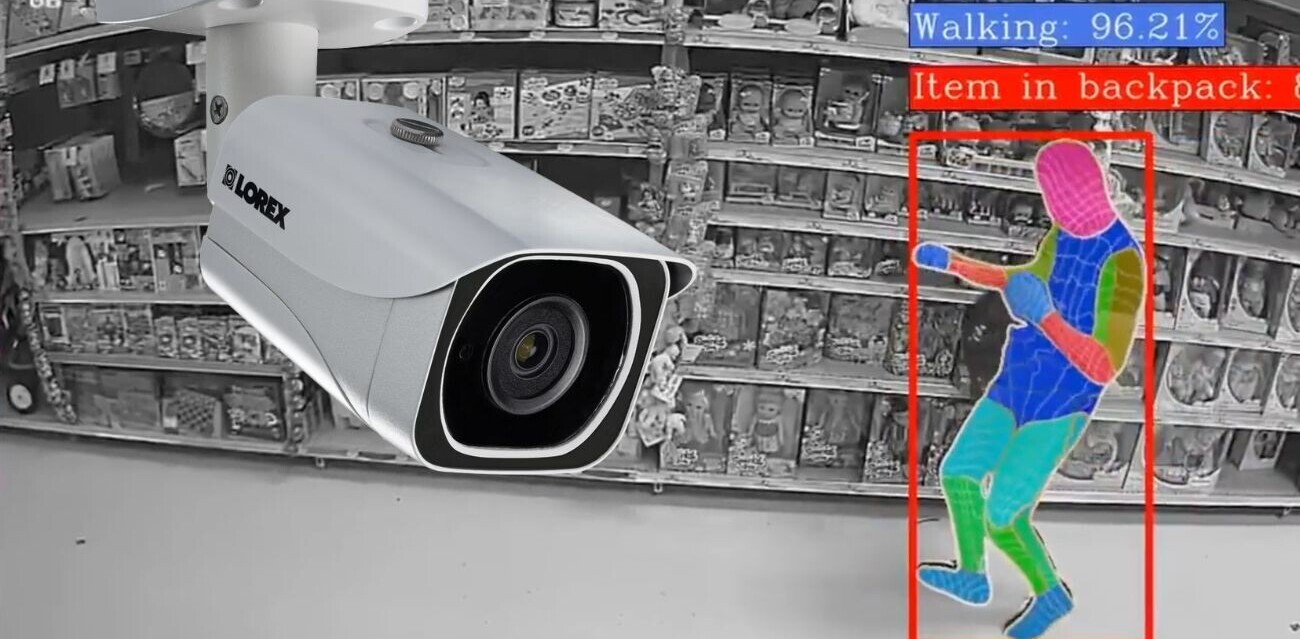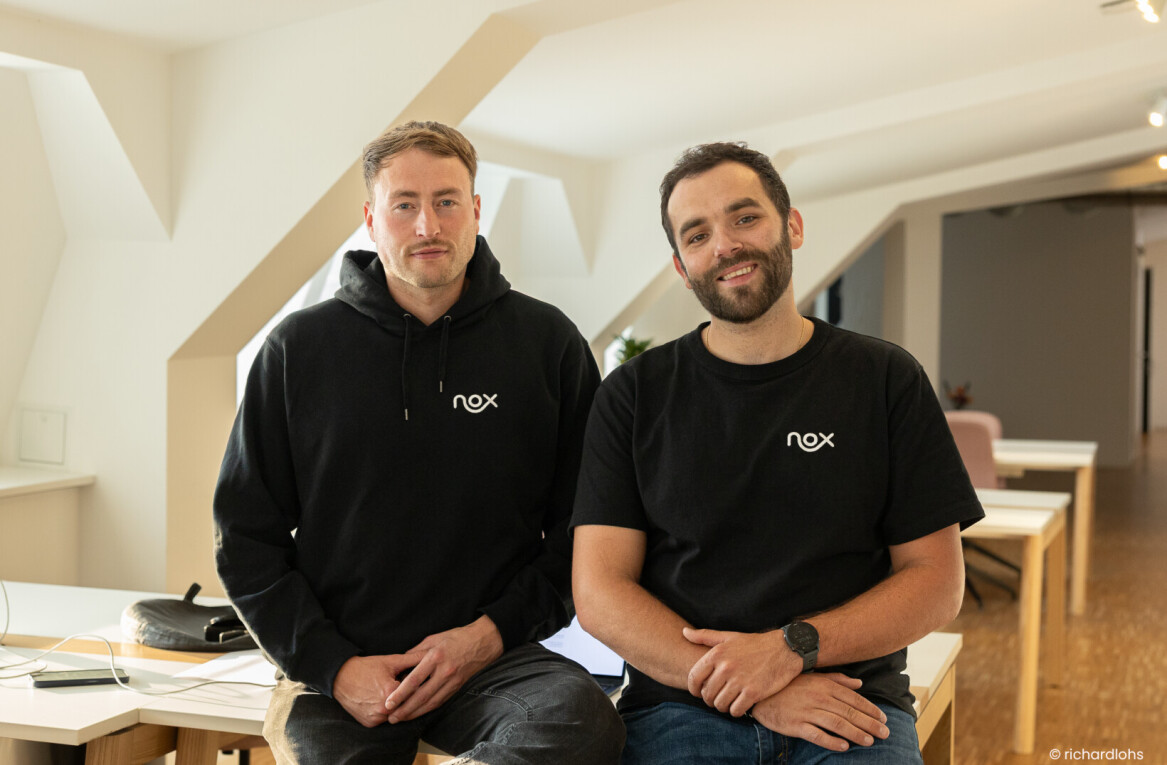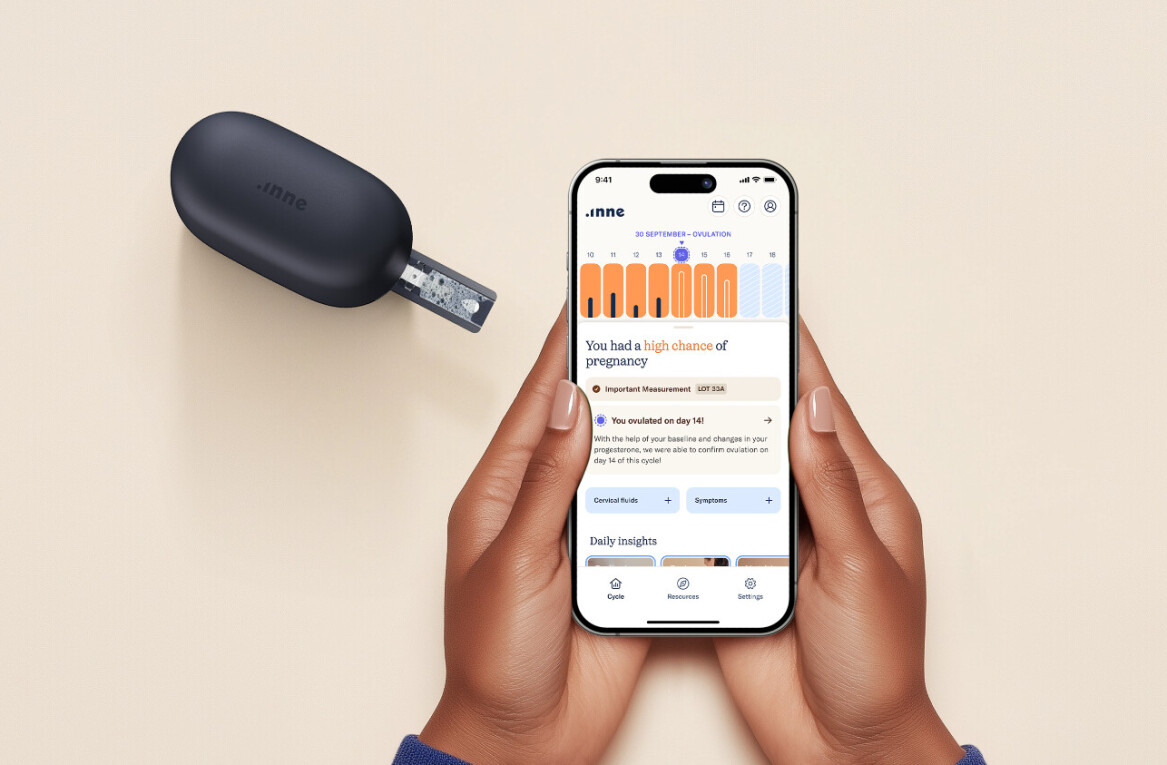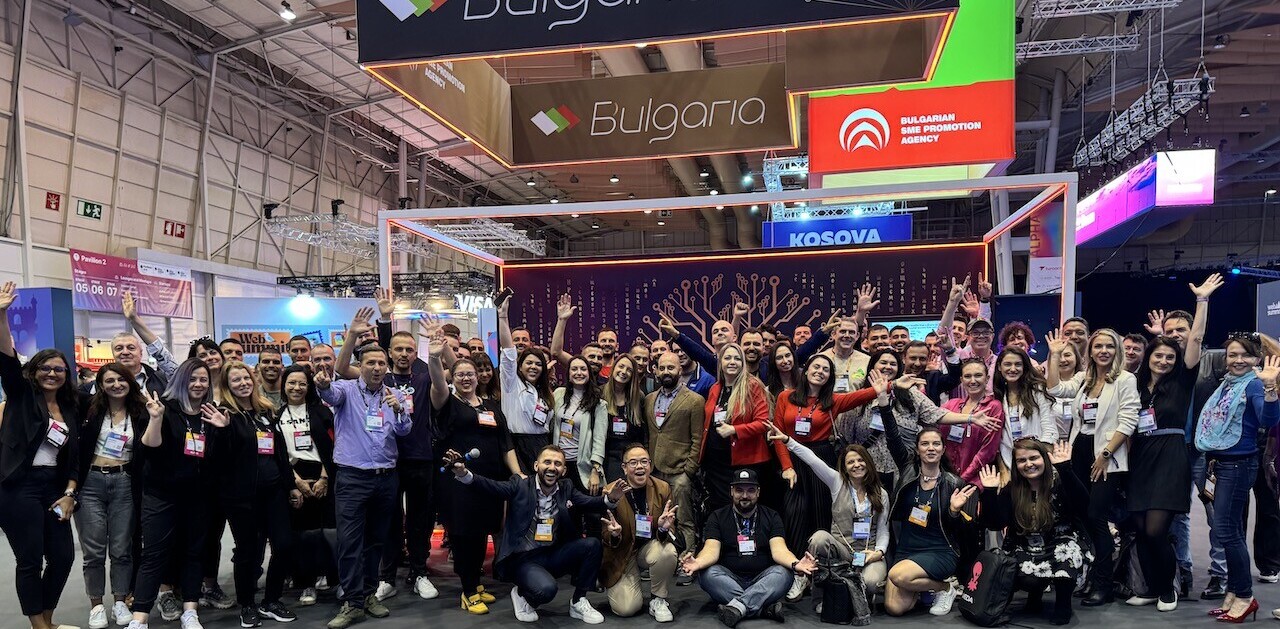
Did you know Sharmadean Reid, the author of this piece, is speaking at TNW2020 this year? Check out their session on ‘Business by women, for women’ here.
Last week, I read this in Alan Murrays Fortune Newsletter;
What is the social responsibility of business? The late Milton Friedman had a simple answer to that question: abide by the law and make a profit. But most big company CEOs have moved beyond that narrow framework. Our Fortune 500 CEO poll, which is still in the field, shows only about 5% of today’s CEOs adhere to Friedman’s view, expressed this way:
‘I believe my company should mainly focus on making profits, and not be distracted by social goals.’
Roughly half of the CEOs aligned themselves with this answer:
‘I believe my company has a responsibility to address social problems through charitable activities, but not as part of our core business strategy.’
And a solid 44% — up 4 points from last year — chose this answer:
‘I believe my company should actively seek to solve major social problems as part of our core business strategy.’
I am firmly in the latter camp.
I believe my company should actively seek to solve major social problems as part of our core business strategy
As a missionary founder, I believe in what Niklas Zennstrom refers to as “Conscious Scaling.” Maybe its my churchy, community upbringing, but I believe if you have the opportunity to make things better for others, then you should.
But what does that actually mean in practice? I first became aware of the power of social responsibility with my first business, WAH Nails. In 2009, Dalston was a very different place. A Flat White didn’t exist. Hackney was the poorest of London’s 32 boroughs and I felt like my “trendy” nail salon on the Kingsland Road had contributed to the gentrification of an area that had a street known as “Murder Mile.”
So I did what I could. Letting the young girls in the estate opposite the salon work during school holidays, raising money for disasters such as the Japanese Tsunami and working with Art Against Knives, a charity that created nail bars in disadvantaged areas and trains girls in beauty skills.
But I was still in the middle zone:
I believe my company has a responsibility to address social problems through charitable activities, but not as part of our core business strategy
While thinking about building Beautystack, I noted a critical part of what I enjoyed about WAH was watching ambitious young women develop, grow, and thrive. The ones who, given the opportunity, gratefully grab a career and ran with it. Being raised in a low income household, financial independence became important to my personal freedom, to my decision making, and my autonomy. So this became a core part of our business model.
Rather than only do charitable things, why not build an entire business model around social responsibility? So rather than create an army of beauty professionals that work for you, why not provide an infrastructure, services and tools to let them work for themselves? Why have 300 Beauty Pros on your payroll in one city when you could power 300,000 globally?
Conscious scaling or profit with purpose, whatever you want to call it…. as founders, and especially startup founders fresh with VC money, we are in an incredible position and responsibility in job creation, industry creation and if you’re smart, you create entirely new categories and redefine a total addressable market.
With power comes great responsibility, and its ok to start small and still be in the middle zone. So here’s what we do at Beautystack:
We signed up to be a participant in the UN Sustainable Development Goals. Beautystack is committed to Empowering Women Through Technology. The SDGs are a brilliant framework for helping you think about how your product will contribute to the good of the world. Sign Up here.
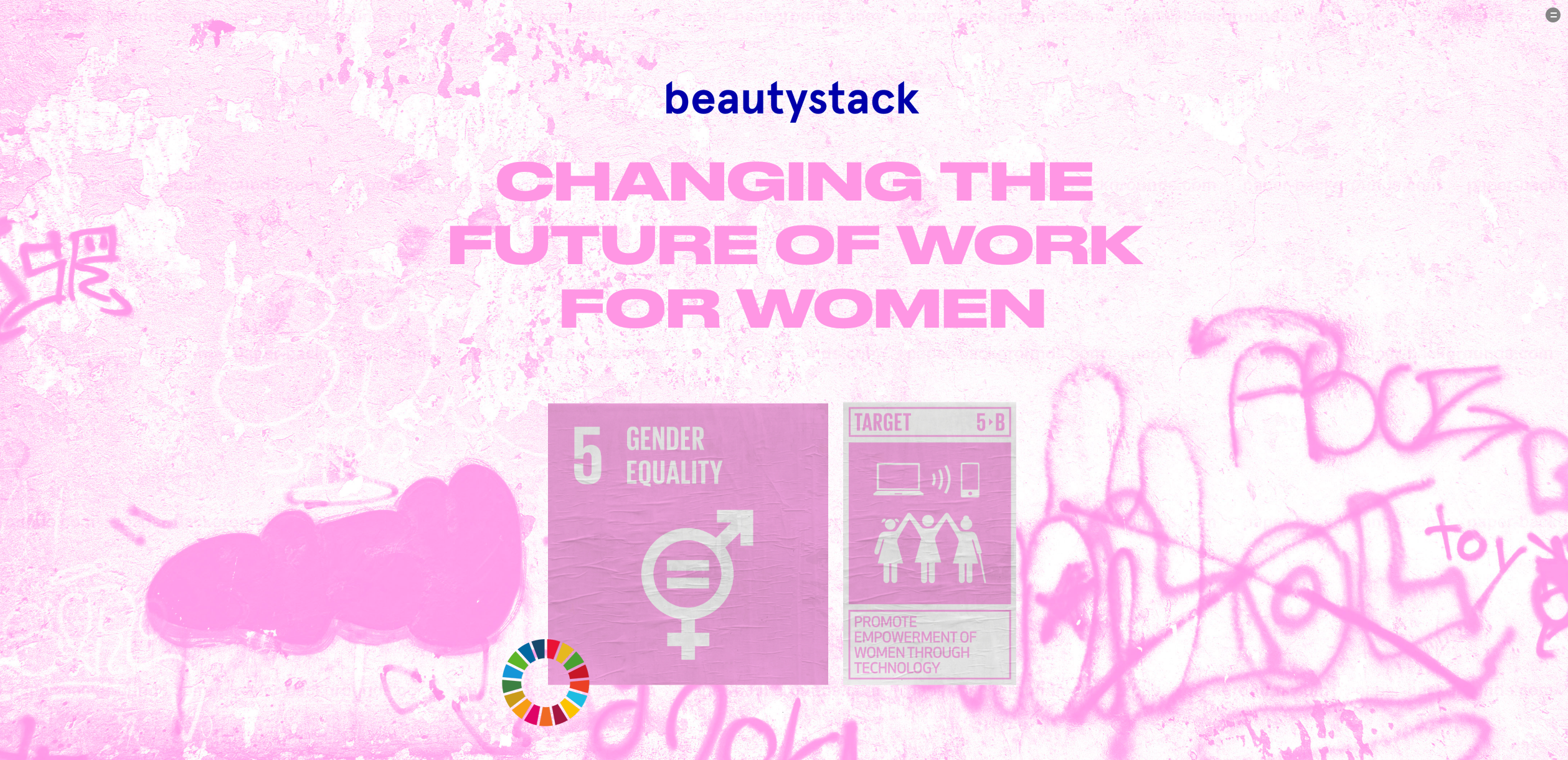
Following on from the UN SDGs, I met a fellow participant organization, Fearless Futures who told me about their 13-week critical thinking program for Year 9 girls in schools. Helping them overcome the social conditioning that stops them having confidence in their careers later on in life. I learned a lot from Anne-Marie at Stemettes, one thing being you need to start young if you want to change perception in gender roles.
Like most non-profit organizations, funding was a big issue for them. When I asked how much it costs to run a program they said £2000. Considering that sum is often spent on annual pizza money or on paid ads, I said that we would support by paying for a program in a local school. So we funded the program and the Kensington and Aldridge Academy (when our office was West London). I went to the graduation ceremony and it was so amazing to see their progress. I also did the exercise with them back in January, you can see my notes are still the same today.
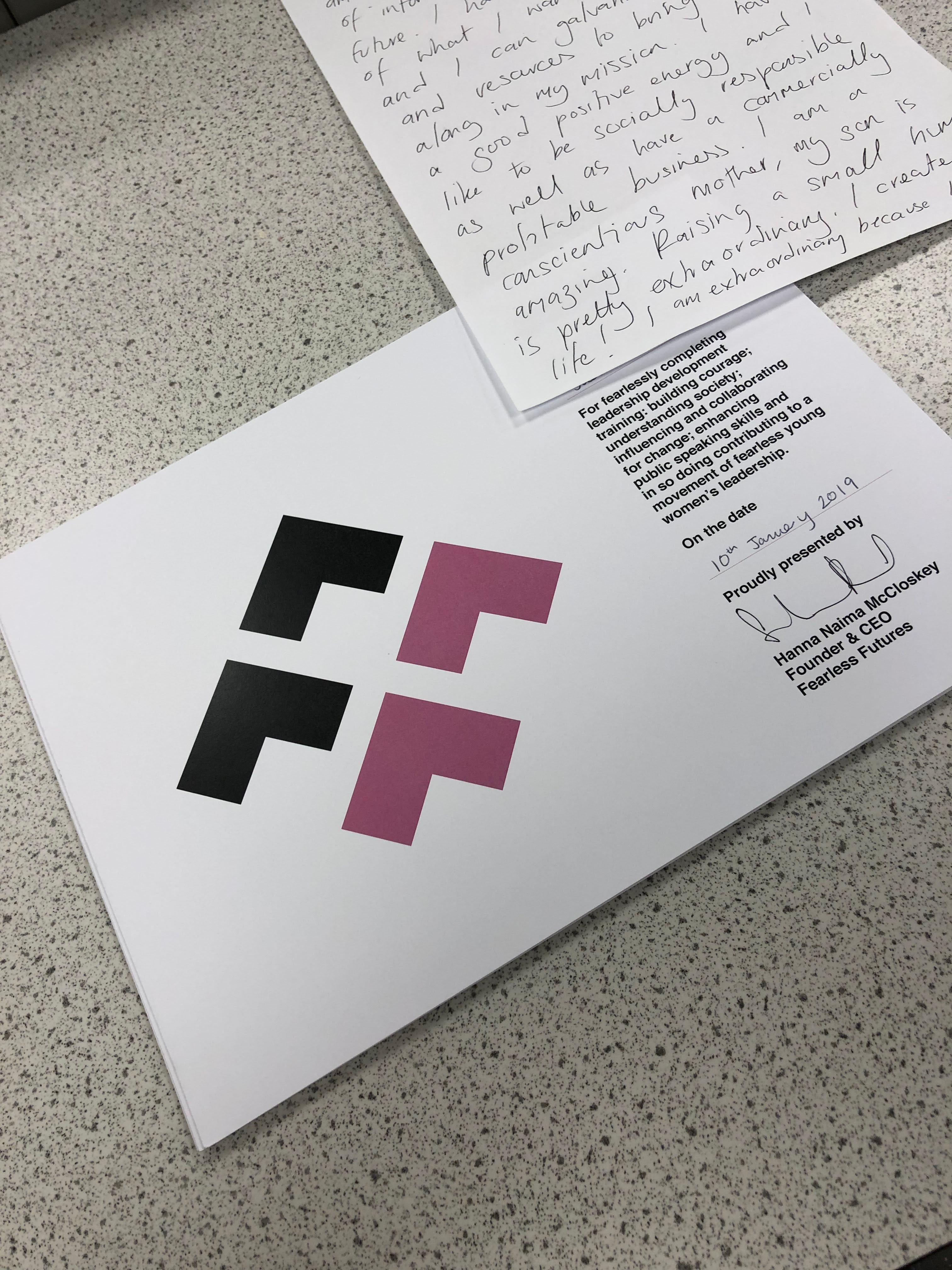

This might seem really minor, but I set a remit to our Studio Manager to use a different local caterer every week for our free Friday team lunch. Although I’m a Deliveroo devotee, I think one of the biggest problems in gentrification is old school cafes and restaurants are usurped by new venues. So wherever your office is, look locally to suppliers. We’re in Clerkenwell and so far we’ve had Jamaican curry goat, pie and mash, and Malyasian.
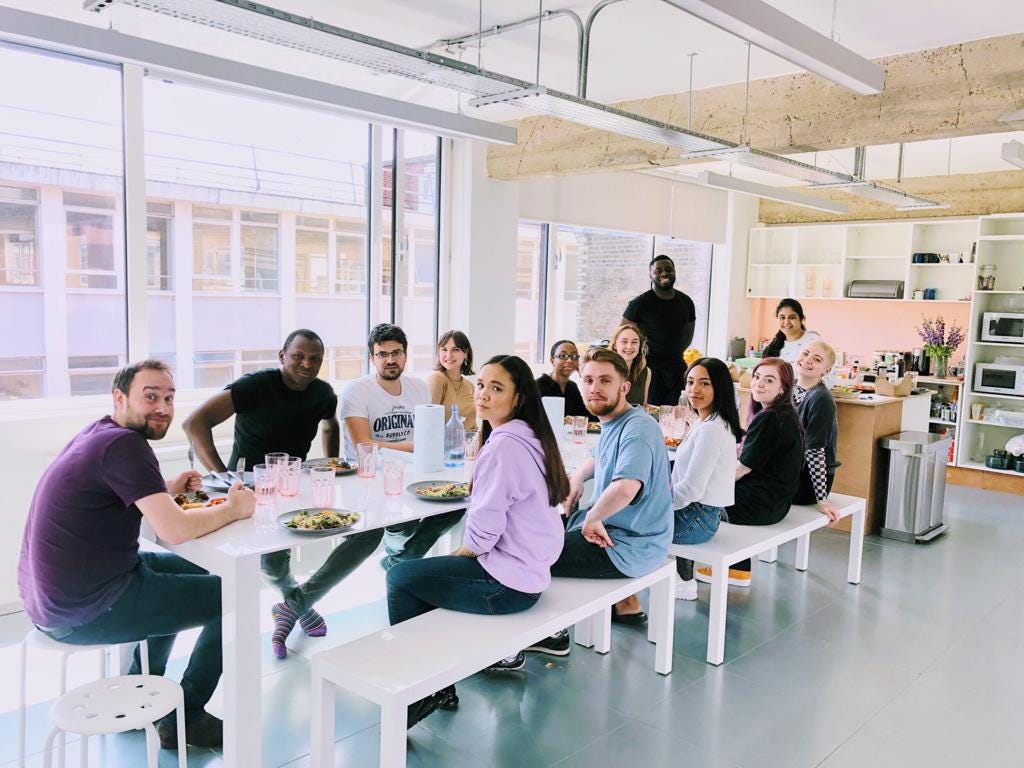
Everyone in the Company is onboarded with our Vision, Mission, Principles and knows about our SDG status. They’re urged to always look for young female talent to give our budgets to, local suppliers, and long time friends to the business.
Our procurement process is quite different to most, we rarely use agencies and if we do, we use ones like Digital Fairy, an incredible all female company who we have watched grow from a few founders to a 20 strong team. Ultimately we decide by asking ourselves: can they deliver what we need and will this job help their career long term? We tend to err on the side of the underdog or the up and coming.
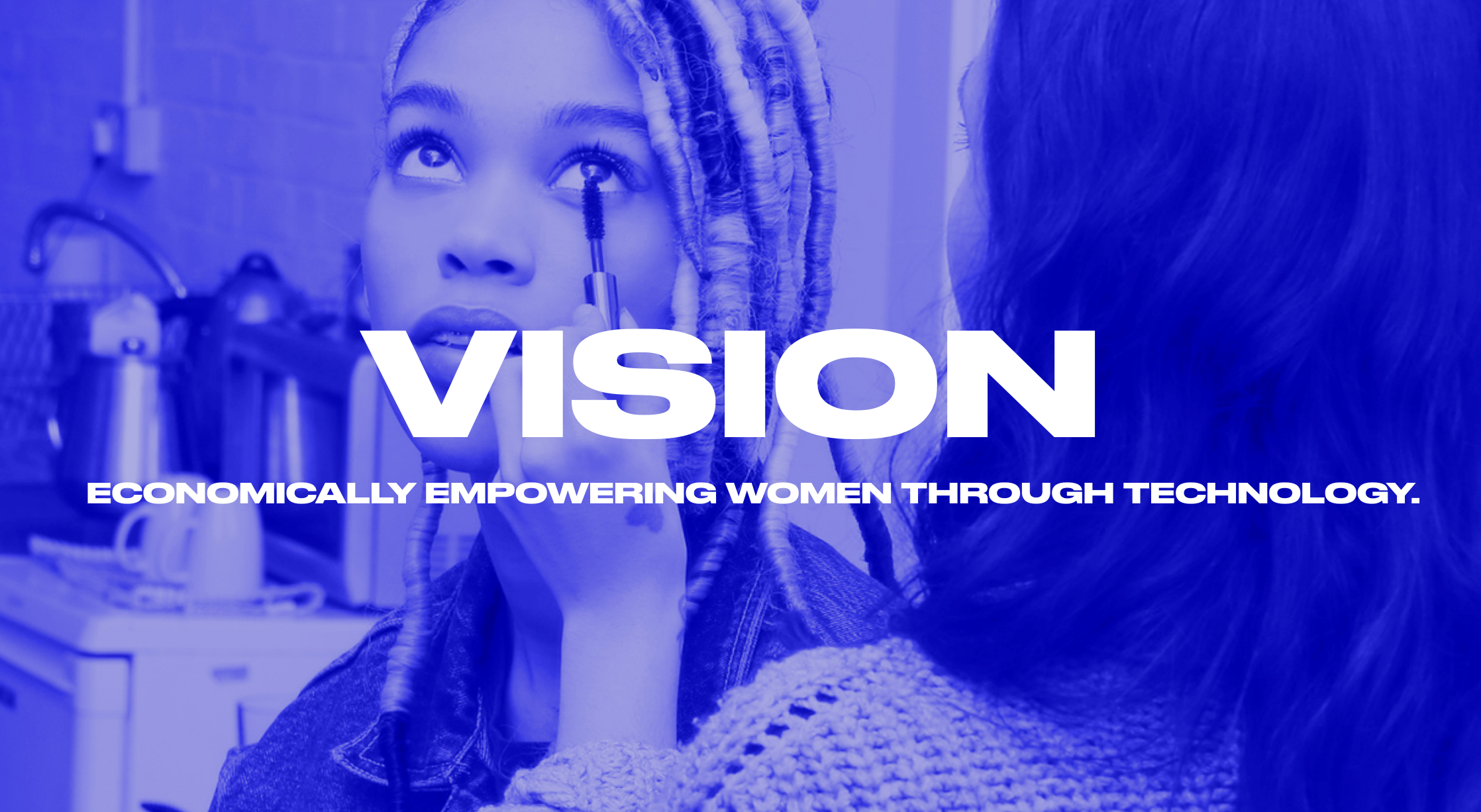
Like most things related to company culture this attitude really needs to come from the top down and be baked into the daily activities of the business.
This article was originally published by Sharmadean Reid, the Founder and CEO of Beautystack. Her mission is to use technology to economically empower women in the beauty and wellness industries, globally.
Get the TNW newsletter
Get the most important tech news in your inbox each week.
